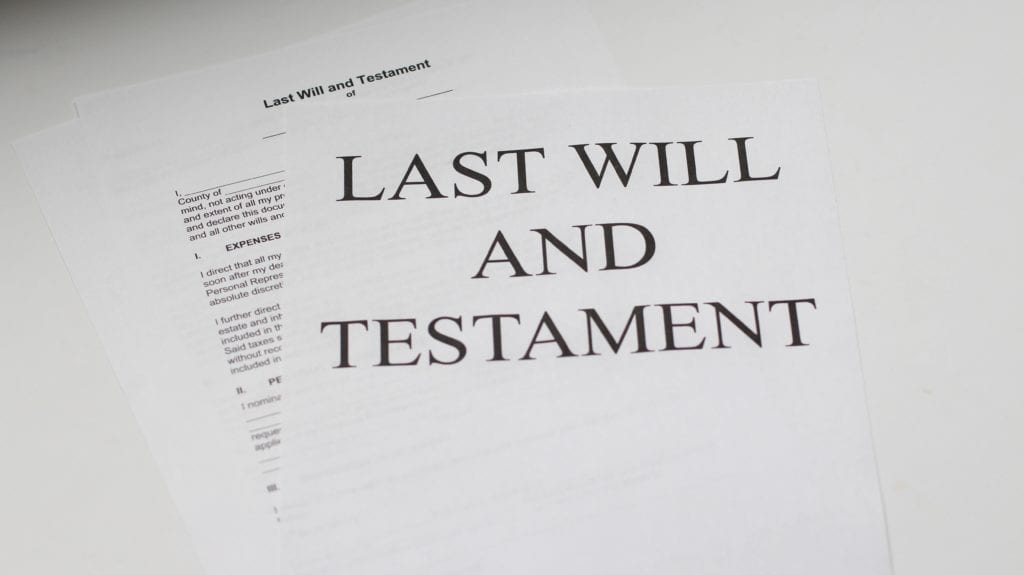
A Last Will and Testament, or Will for short, is one of the most popular and well-known estate planning documents used to help individuals prepare for the future of their estate once they pass away. It is a formal legal document that outlines a person’s last wishes. Wills must be executed properly so that it is accepted as valid by the probate court at death. If you or a loved one needs a Will, an experienced Melbourne estate planning attorney at Lacey Lyons Rezanka can help. Below are some basic guidelines to consider when preparing a Will in the state of Florida.
Key Provisions of a Will in Florida
Although Wills often have unique, narrowly tailored provisions for each testator (i.e., the person who creates a Will) that spell out his or her specific wishes, some standard clauses included in most Wills are:
- An introductory paragraph that identifies the testator as being over the age of 18, of sound mind and memory, and a declaration that the document is a Last Will and Testament.
- Naming a personal representative who will administer the Will.
- A statement of how estate expenses will be paid.
- Identification of heirs and distribution of assets.
Testators may also add special provisions to their Wills, such as details on guardianship provisions for pets, special bequeathed items to individuals or charities, and special testamentary trust provisions, among others. An experienced Melbourne estate planning attorney can help draft a Will for you that is narrowly tailored to meet your estate planning goals and fulfill your last wishes.
The Formalities of a Florida Will
Each state law dictates what formalities must be included in a Will for it to be valid. In Florida, typically, a Will should:
- Be in writing
- Be signed by the testator and two witnesses in each other’s presence
- Be created by a testator who is of sound mind and memory and over the age of 18
Florida Probate Code also allows for a self-proving affidavit to be attached to the Will that allows the probate court to admit the Will without scheduling an evidentiary hearing to prove that the document is authentic. This means that the witnesses do not have to be located to testify in court as to the Will’s validity.
How Can a Melbourne Estate Planning Attorney Help?
Complying with Florida law on the requirements for a valid Will is essential. Without meeting the statutory requirements, a Florida probate judge will not admit a Will to probate as valid, even if witnesses testify about the testator’s intent. An experienced Melbourne estate planning attorney can help explain Florida’s law on the execution of Wills to you and help you prepare a properly executed document according to your wishes.
Have Questions? Contact a Melbourne Estate Planning Attorney Today
Do you have questions about executing a valid Will in Florida? If so, contact a Melbourne estate planning attorney at Lacey Lyons Rezanka today for assistance with your estate planning needs. Our legal team can answer any questions you may have related to planning your estate.
